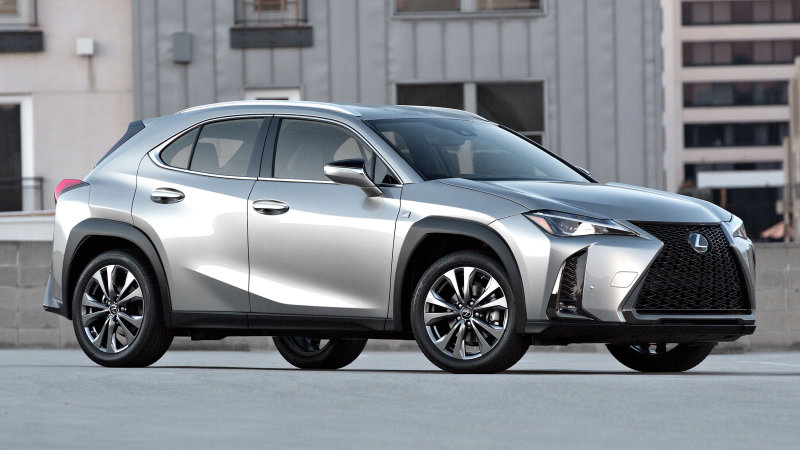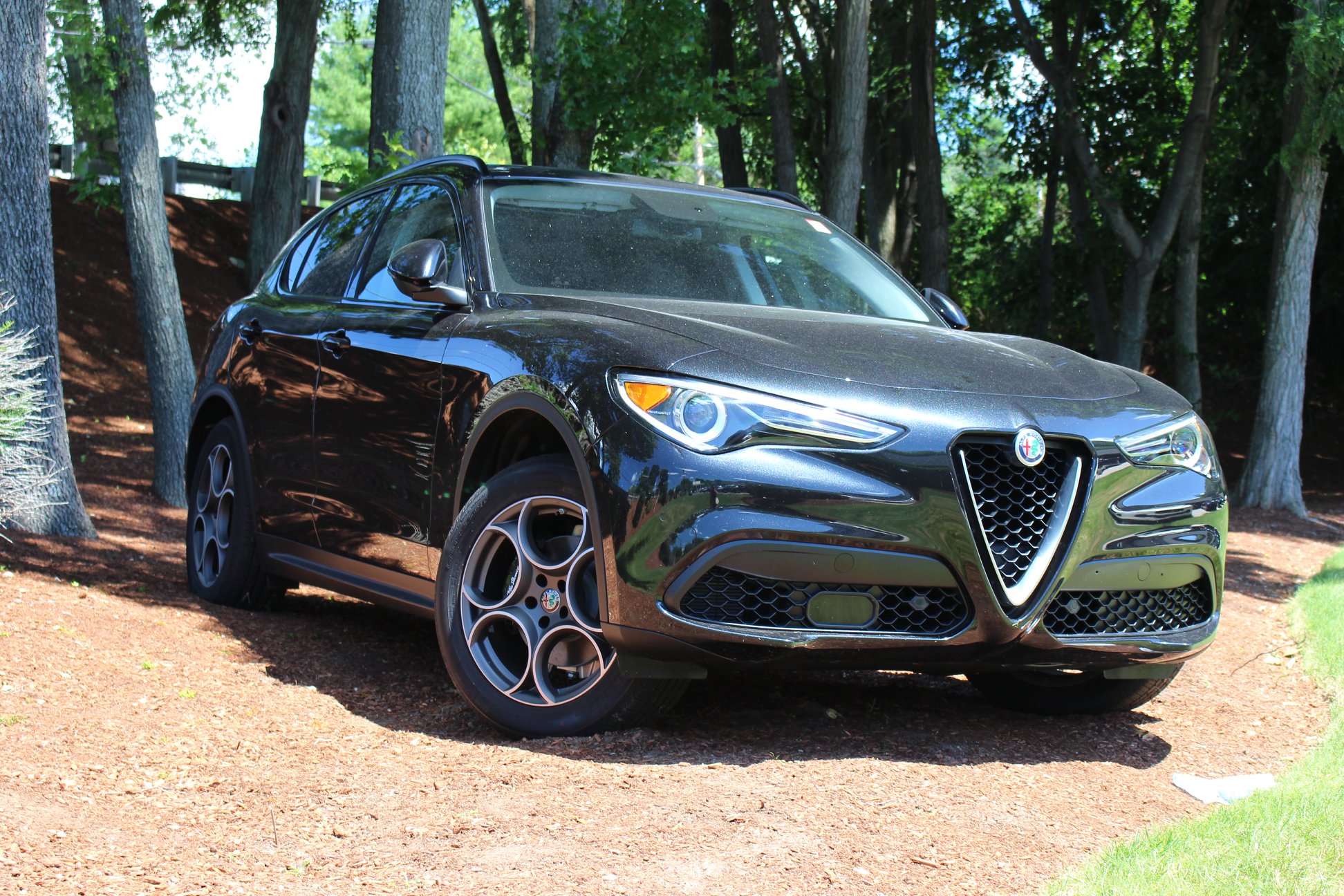One of the fears and speculations of what 2019 will bring is the growing angst that an economic recession is on the horizon. Nothing is set in stone and experts aren’t exactly sure if and when another downturn in the economy will occur, but it does make for good conversation in the automotive industry. For the last six years, the United States has experienced some very lucrative times, especially on both the East and West coasts. With that it’s brought demand for bigger vehicles, including crossovers which now dominate the roads and sales figures. However, are crossovers doomed to fail should there be another recession like 2008, and have some brands set themselves up to feel a lot of pain when bad times return?
As the saying goes, “If you fail to learn from the past, you’re doomed to repeat it”, and that’s exactly where we are as we near the end of this decade. 2008 played a major role in prominent American brands being killed off by manufacturers in Detroit. Hummer, Pontiac, Oldsmobile, Saturn, Plymouth, and Mercury would all eventually suffer the same fate with reasons for their demise differing. Hummer is the one brand that stands out because when times were good everyone wanted one. The minute the stock market crashed, demand for the outrageously large and gas guzzling SUVs withered, causing not only the company to close its doors, but also forcing other brands to downsize.
In 2019, we’re here once again at a crossroads, having not learned anything from ten years ago. Brands all across the world have added crossovers to their lineups and for Chevy and Ford, basically the only vehicles being offered as they’re killing off sedans and hatchbacks. The Germans on the other hand continue to produce luxury sedans, and in fact Mercedes Benz is adding the very compact A-Class to their US market lineup. If anything, luxury manufacturers have covered all the bases, and if demand wanes in one segment, they have vehicles in place to feed consumer demand for whatever the next trend in buying behavior is.
You should never underestimate the planning and foresight of automotive manufacturers as they’re usually ahead of the curve when it comes to detecting high and lows in the economy. One way to battle any volatility in the markets and extreme shifts in volume of sales in the automotive industry is the new wave of compact crossover vehicles that resemble elevated cars more than SUVs.

The all new 2019 Lexus UX is the most recent arrival in this segment that combines practicality, luxury, and affordability. As a complete package, this vehicle will certainly be a survivor in the Lexus lineup should there be rough times ahead for one important reason. It’s fuel efficient. At a starting price of around $34k, this compact crossover is available with hybrid technology, which is going to give you 41 mpg in the city and 38 mpg on the highway. Also by opting for the UX 250h, you’re getting AWD whereas with the fully gas powered engine, front wheel drive is the only drivetrain available. For rear cargo space, the UX will get close to 22 cubic ft which is certainly better than most sedans.
Other new arrivals this year to the compact crossover segment were the Nissan Kicks and Hyundai Kona. These vehicles offer crossover-like tendencies, practicality, and for the Kona, AWD. These are the vehicles that have the best chance of surviving whatever adverse times lie ahead. Can the same be said for their bigger siblings?
One thing is for sure, Americans didn’t get intimidated ten years ago and ran away from the Honda CR-V and Toyota RAV4, which are still priced reasonably for most consumers. It’s the luxury brands and even Ford and Chevy that need to be concerned moving forward. American crossovers just aren’t on par with their Japanese counterparts when it comes to interior quality, and if consumers are complaining about that now in a good economy, what will they say when they become more frugal and start looking for the most value for the price? On top of that, they got rid of all their sedans and hatchbacks which now puts Ford and Chevy in a difficult spot because they have no game plan if consumers don’t want what they’re producing.
Fuel efficiency then becomes a major factor, and generally speaking, crossovers aren’t exactly the most economical. Consumers start downsizing and for the new economic climate, it’s either sedans and hatchbacks or compact crossovers. Recently I had reviewed the redesigned 2019 Acura RDX which I thoroughly enjoyed. However, it’s the poor fuel economy that concerns me, as with AWD you can expect 21 mpg in the city and 27 mpg on the highway. Those aren’t exactly the best numbers if people start cutting costs, which is why for the next recession, I don’t necessarily think the size of the vehicle matters, but what’s underneath the hood that will make the difference.
The Honda and Toyota families are further ahead of the curve than most automotive brands today because of their advancements in hybrid technology. A hybrid RAV4 and Lexus UX could become hot commodities as they’ll be economical and practical. Honda re-introduced the Insight which is already on pace to have its best year in sales since 2010 and generally speaking the rest of the lineup is very fuel efficient. This is why both brands survived several recessions while Ford and GM suffered greatly.
If manufacturers don’t have hybrid crossovers in their lineups by the time the next recession hits, that will be the deciding factor in how long this trend of bigger vehicles continues. That’s when consumers downsize to four door passenger cars, and until the economy gets back on its feet, crossovers may not experience the same success they have most of this decade.
At the end of the day, this is purely speculation. However, there’s been enough reasons why this should be taken seriously. All good things come to an end, the question now is how much longer do things remain the same before major adjustments to a new economic climate must be made?

